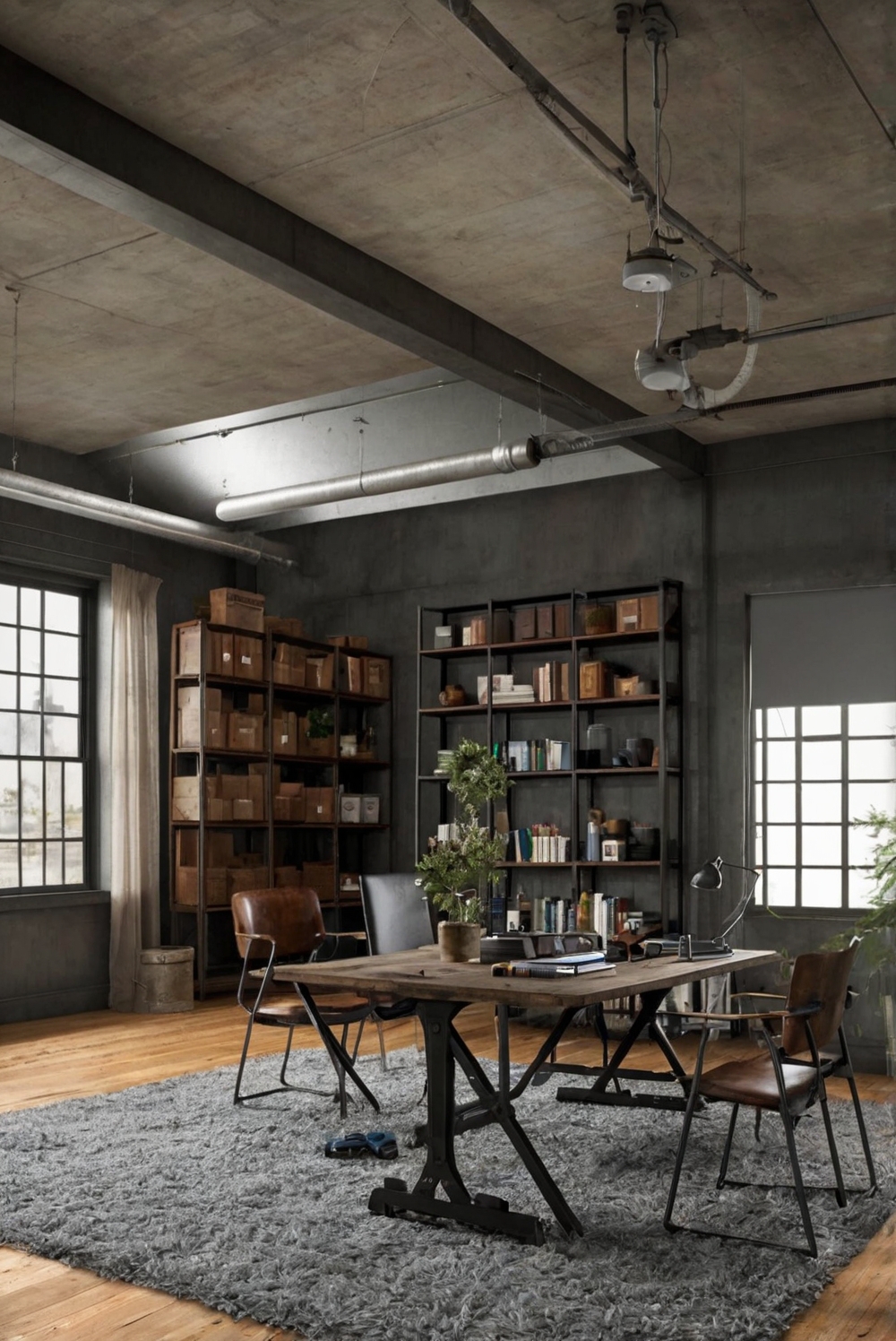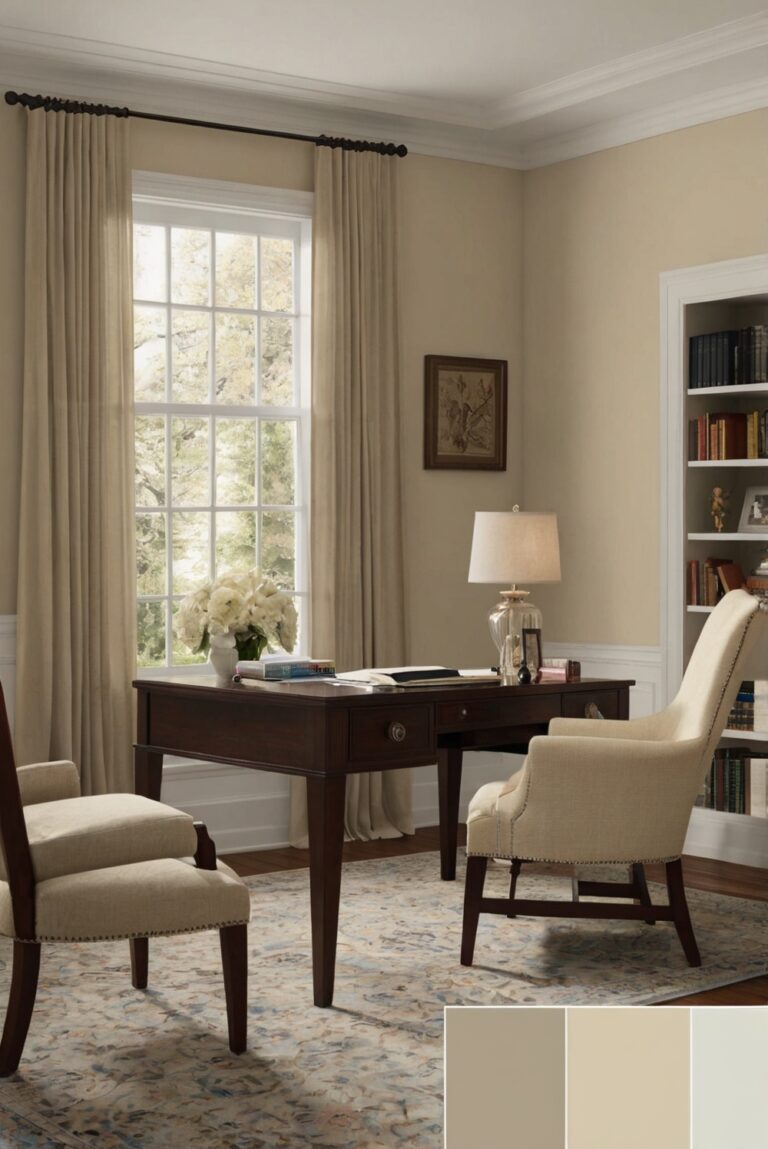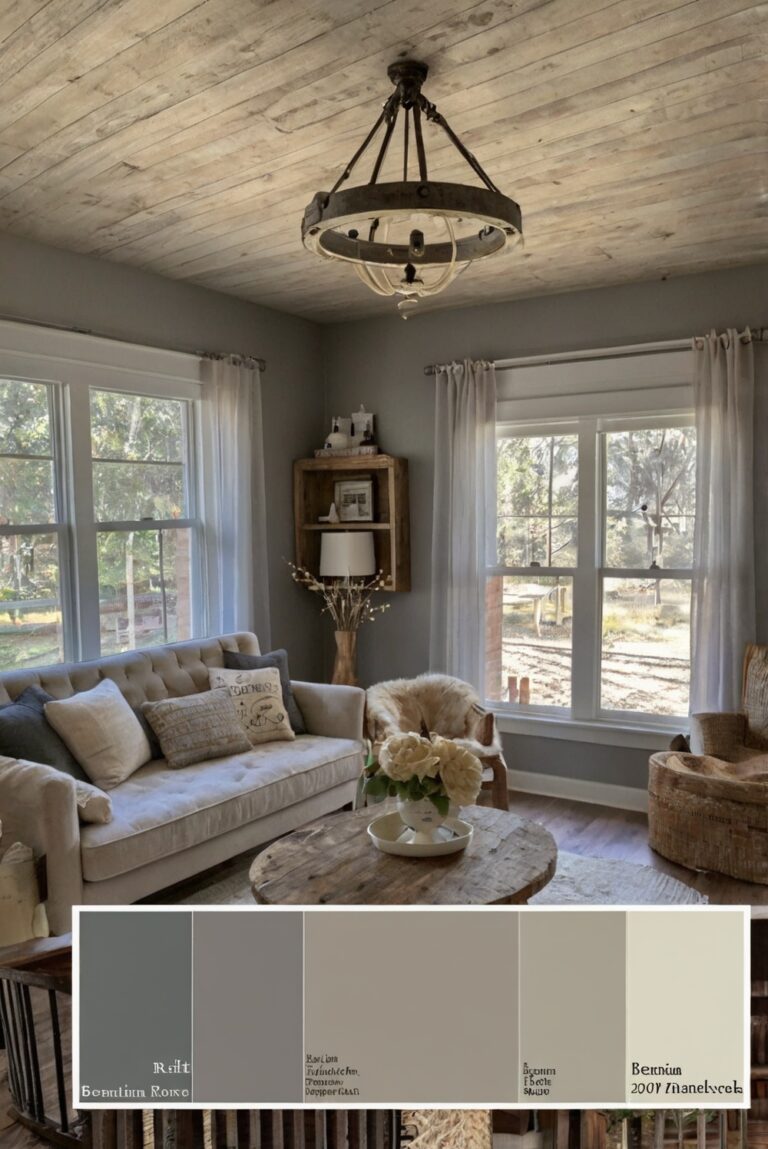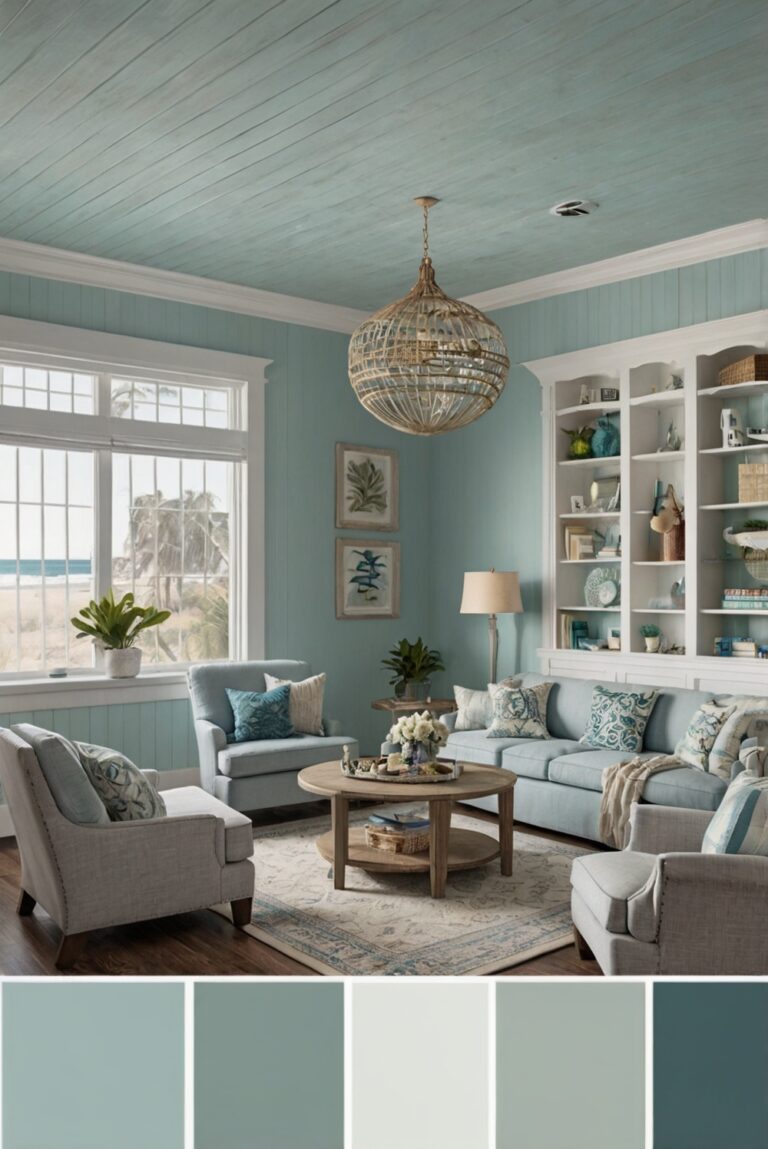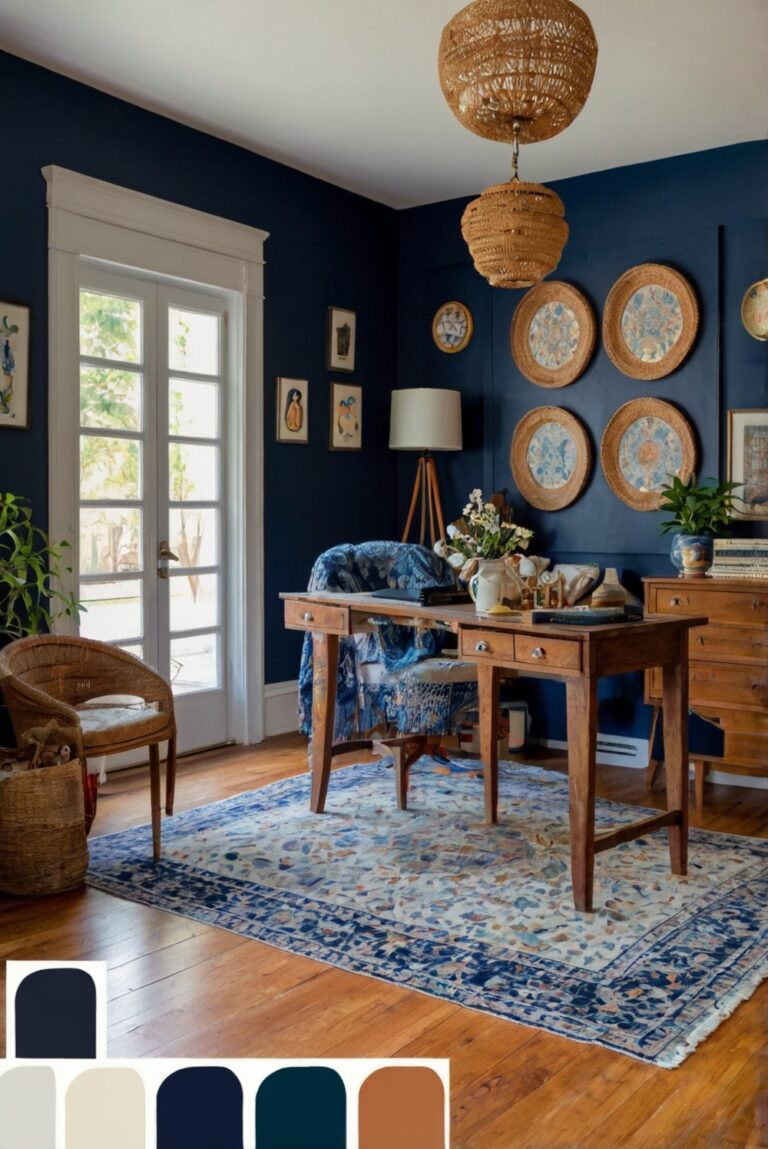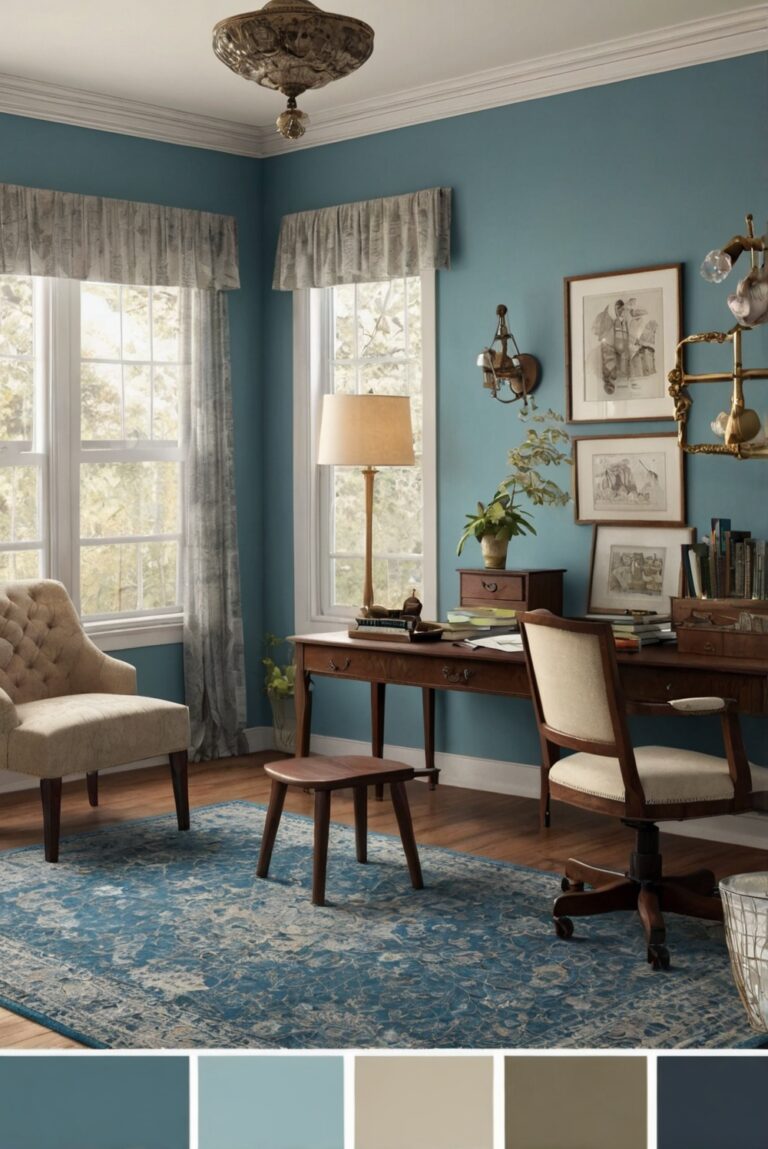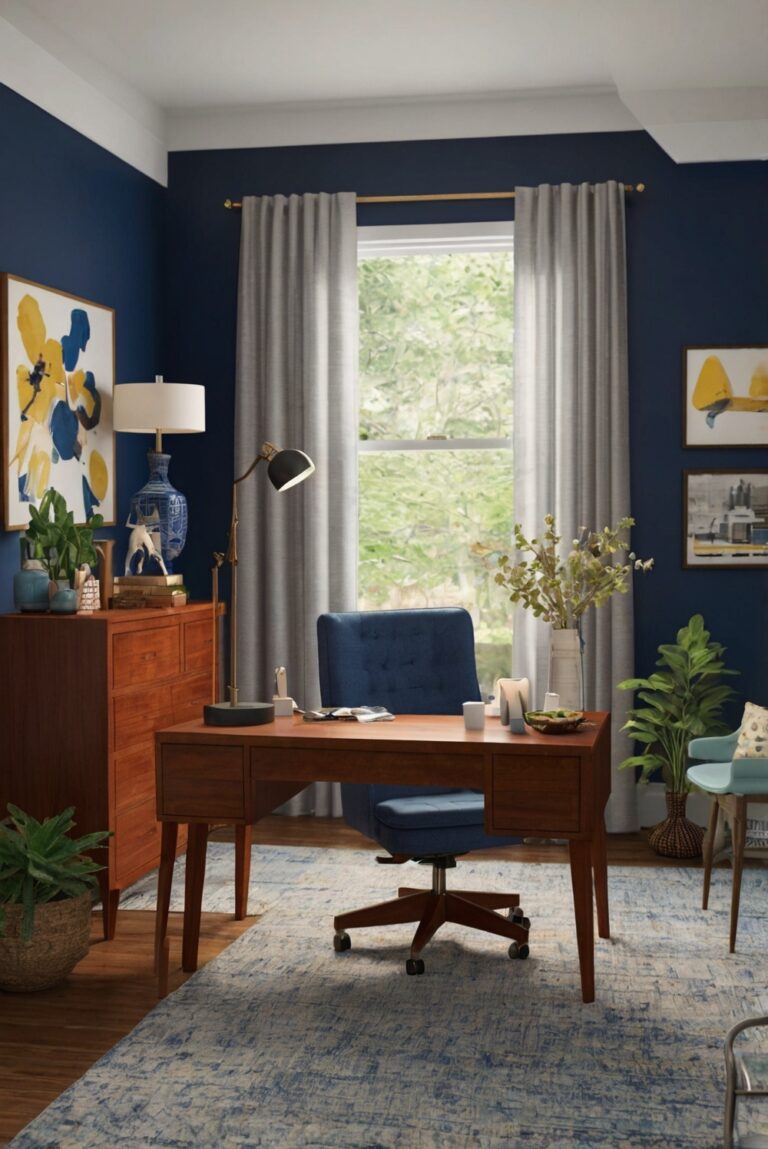Discover expert tips to design a well-lit home office space that enhances productivity. Illuminate your work area effectively and create a stylish and functional workspace.
How to Create a Well-Lit Home Office Space?
———————————————
To create a well-lit home office space, follow these steps:
1. Choose a room with good natural light for your office.
2. Use task lighting, such as desk lamps or overhead lights, to illuminate your work area.
3. Opt for light-colored walls and furniture to reflect more light.
4. Consider installing adjustable lights to control brightness levels.
5. Use LED bulbs to save energy and achieve better lighting.
6. Add decorative lighting fixtures to create an inviting atmosphere.
7. Organize your space with proper storage solutions to avoid clutter and maximize light.
By focusing on home decorating and interior design principles, you can create a functional and well-lit home office for maximum productivity.
Create a Dedicated Workspace:
Designate a specific area in your home that will be used strictly for work. This will help you separate your professional life from your personal life and create a more productive environment. Choose a well-lit room with natural light if possible, as it can boost your mood and energy levels.
Select the Right Lighting:
Proper lighting is crucial for a home office. Choose a mix of ambient, task, and accent lighting to reduce eye strain and create a comfortable working environment. Natural light is ideal, so position your desk near a window if possible. Supplement with overhead lights, task lamps, and accent lights to create a well-lit space.
Use Light Colors:
Opt for light-colored walls, furniture, and decor to maximize the light in your home office. Light colors reflect natural and artificial light, making the space feel brighter and more open. Avoid dark colors that can absorb light and make the room feel dim and cramped.
Utilize Mirrors:
Strategically placing mirrors in your home office can help bounce light around the room and make it feel more spacious and well-lit. Consider adding a large mirror opposite a window to reflect natural light or smaller mirrors near lamps to amplify artificial light sources.
Invest in Adjustable Lighting:
Adjustable lighting fixtures give you control over the brightness and direction of light in your home office. Consider purchasing desk lamps with adjustable arms or dimmable overhead lights to customize the lighting to your needs throughout the day. This flexibility can help reduce eye strain and create a more comfortable workspace.
1. How can I optimize natural light in my home office space?
Natural light is essential for creating a well-lit home office space. Position your desk near a window to maximize the amount of natural light you receive. Avoid blocking the window with heavy curtains or furniture. Consider using sheer curtains or blinds that can be easily adjusted to control the amount of light coming in. Additionally, keep windows clean and free of obstructions to allow as much light as possible to enter the room.
2. What types of lighting fixtures are best for a home office?
In addition to natural light, it’s important to have adequate artificial lighting in your home office. Choose task lighting, such as desk lamps or overhead lights, that provide bright, focused light for reading and working. Consider using LED bulbs, which are energy-efficient and provide bright, white light that is similar to natural daylight. Avoid using harsh, fluorescent lighting that can cause eye strain and fatigue.
3. How can I reduce glare on my computer screen in a home office?
Glare on a computer screen can be distracting and cause eye strain. To reduce glare, position your computer monitor so that it is perpendicular to the windows in your home office. Consider using an anti-glare screen protector on your monitor to reduce reflections. You can also adjust the angle of your monitor or use blinds or curtains to block direct sunlight. Additionally, consider using task lighting that is directed away from your computer screen to minimize glare.
4. What color palette is best for a well-lit home office space?
Light colors, such as whites, creams, and light grays, can help reflect light and make a home office space feel brighter and more spacious. Consider painting the walls a light color to maximize the effect of natural and artificial lighting. Avoid using dark colors or heavy drapes that can absorb light and make the room feel dark and cramped. You can add pops of color with accessories or furniture to create a more inviting and personalized workspace.
5. How can I create a comfortable and productive work environment in my home office?
In addition to lighting, there are several other factors to consider when creating a well-lit home office space. Invest in a comfortable chair and ergonomic desk setup to reduce strain on your body during long hours of work. Keep the space organized and clutter-free to minimize distractions and create a productive environment. Consider adding plants or artwork to make the space feel more inviting and inspiring. Finally, take regular breaks and incorporate movement into your workday to stay energized and focused.

